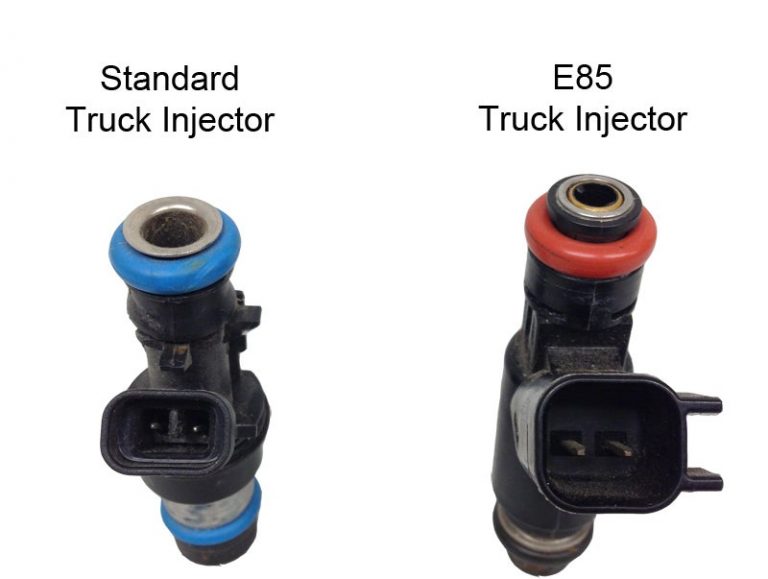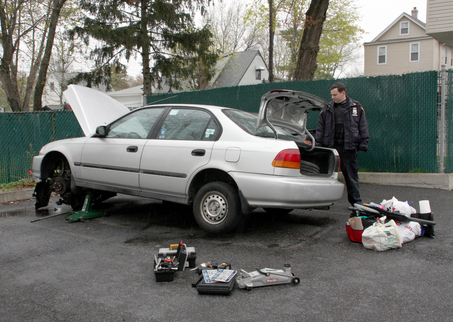When it comes to window tint, does it get darker as it cures? The answer is yes, but not always.
Depending on the type of film you’re using, some window tints will get darker as they cure and others will stay the same color.
If you’re looking for a film that will get darker over time, then you’ll want to choose one with a higher level of VLT (visible light transmission).
Does Tint Get Darker As It Cures
As any window tinting professional will tell you, the answer to this question is a resounding yes! In fact, it is not uncommon for newly installed window tints to appear significantly darker than they did when first applied. This is because the curing process causes the tint to undergo a chemical reaction that makes it darker and more opaque.
This may seem like a bad thing at first, but it’s actually not. In fact, many people prefer their window tint to be a little bit darker after it’s had some time to cure. So, if you’re thinking about getting your windows tinted, don’t worry if the darkness doesn’t look perfect at first.
It will probably get a little bit darker as time goes on – and that’s not necessarily a bad thing.
When Tint Cures Does It Get Darker?
When it comes to car window tinting, the question of whether the tint will get darker as it cures is a common one. The answer, however, is not as simple as a yes or no. In some cases, the tint may indeed get darker as it cures, while in others it may stay exactly the same shade or even become lighter.
So what factors will affect how dark your newly-tinted windows will be? One is the type of film you’ve chosen – some tints are designed to darken slightly over time while others don’t change at all. Another is the curing process itself – if your installer uses heat to cure the tint (a process known as ‘baking’), this can also cause the film to darken slightly.
Finally, it’s worth bearing in mind that different types of glass will take tint differently too. So if you’re having your whole car re-tinted, you may find that the front windows get darker than the rear ones! In short, then, there’s no definitive answer to whether newly-applied window tint will get darker as it cures.
It depends on a variety of factors and unfortunately, you won’t be able to know for sure until after the job is done!

Credit: tintinglaws.net
Does Tint Get Lighter As Curing?
As curing progresses, the tint will indeed get lighter. This is due to the oxidation of the film that forms on the surface of the glass. The process of curing is essentially an accelerated form of weathering, so it stands to reason that the tint would lighten over time in a similar fashion.
How Do I Know When My Tint is Cured?
If you’ve just had your car windows tinted, you might be wondering how long it will take for the film to cure. The good news is that window tint usually cures within a few days. But there are a few things you can do to speed up the process.
First, make sure the temperature in your garage or parking spot is warm enough. Window tint curing is an exothermic reaction, which means it gives off heat as it dries. So if it’s too cold, the curing process will take longer.
Second, open your car doors and roll down the windows a few inches to help circulate air and promote evaporation of any water that may be trapped under the film.
Finally, avoid washing your car or rolling down the windows for the first few days after tinting to give the film time to fully cure and bond with the glass.
If you follow these tips, your window tint should be fully cured within a few days.
And once it’s cured, you’ll enjoy improved privacy, reduced glare, and better UV protection for years to come!
Conclusion
Tint is a product that is applied to windows in order to darken them. It is made of a variety of materials, including film, foil, and fabric. Tint can also be applied to cars and other vehicles.
The level of darkness that tint provides depends on the type of material it is made of and how it is applied. Tint generally gets darker as it cures, though there are exceptions. Some types of tint may lighten or fade over time due to exposure to sunlight or other factors.





